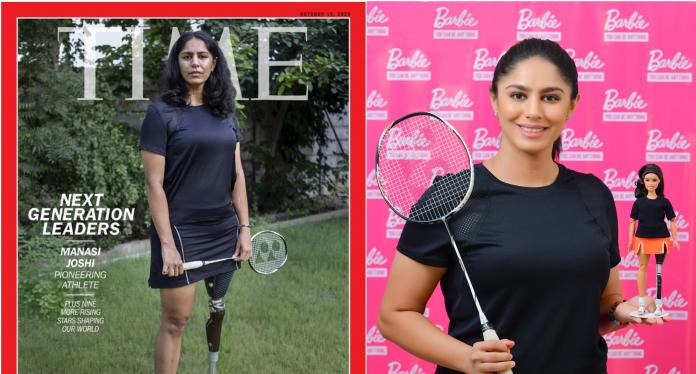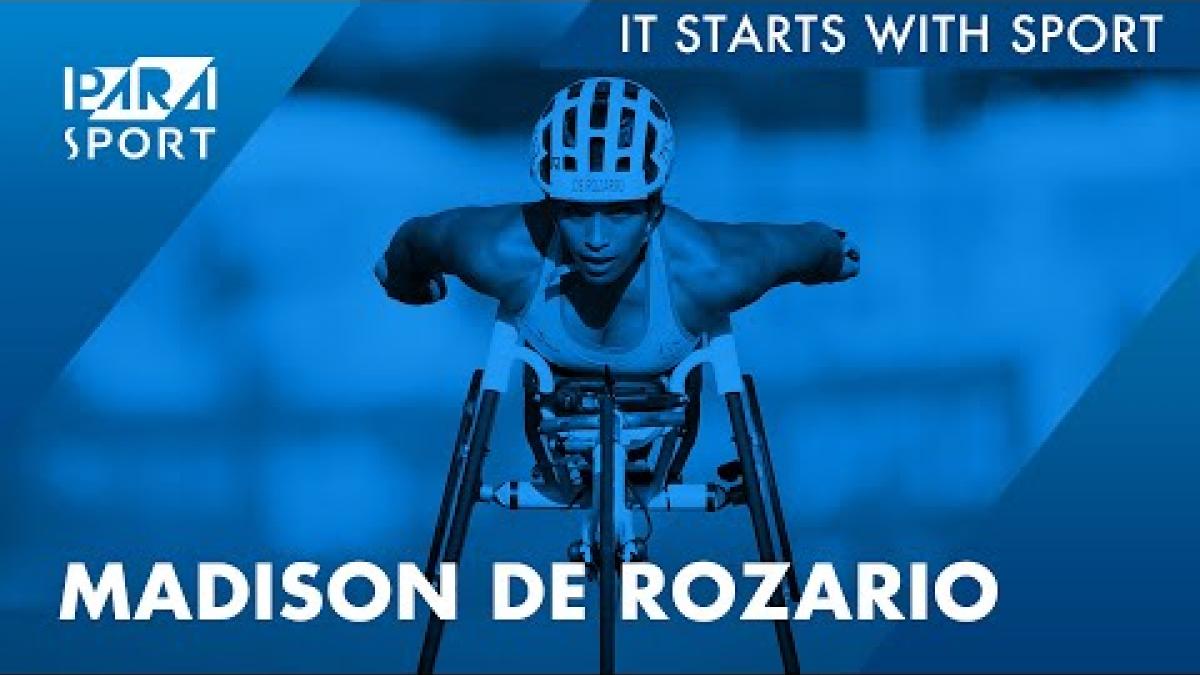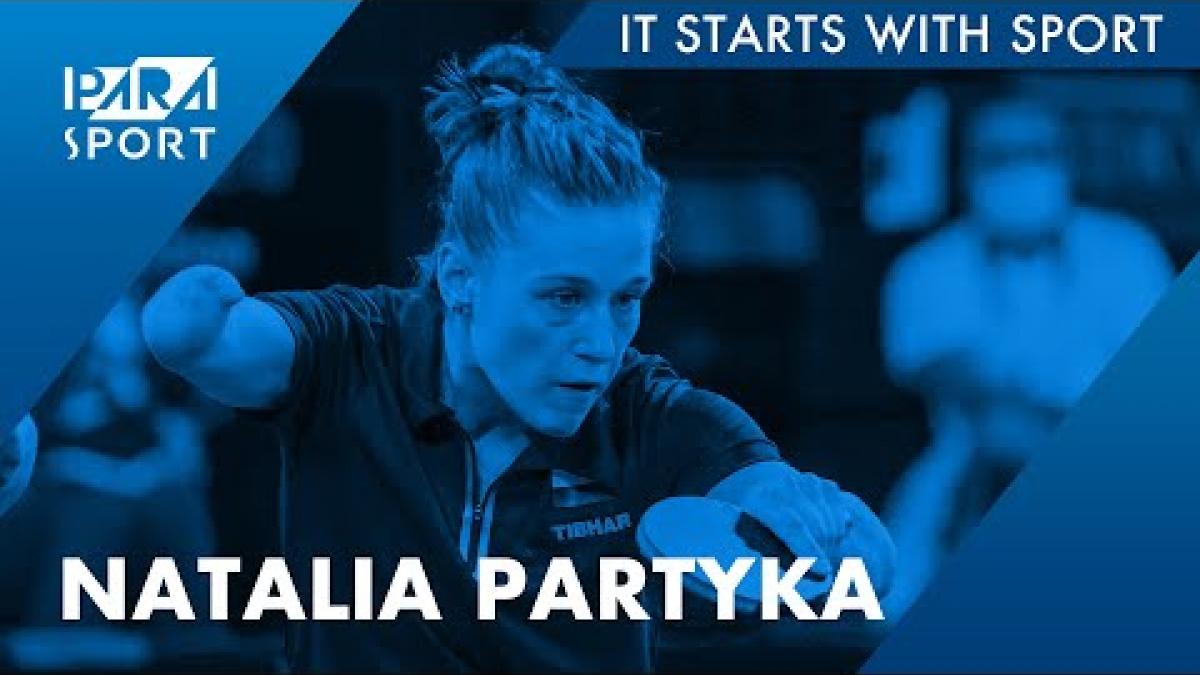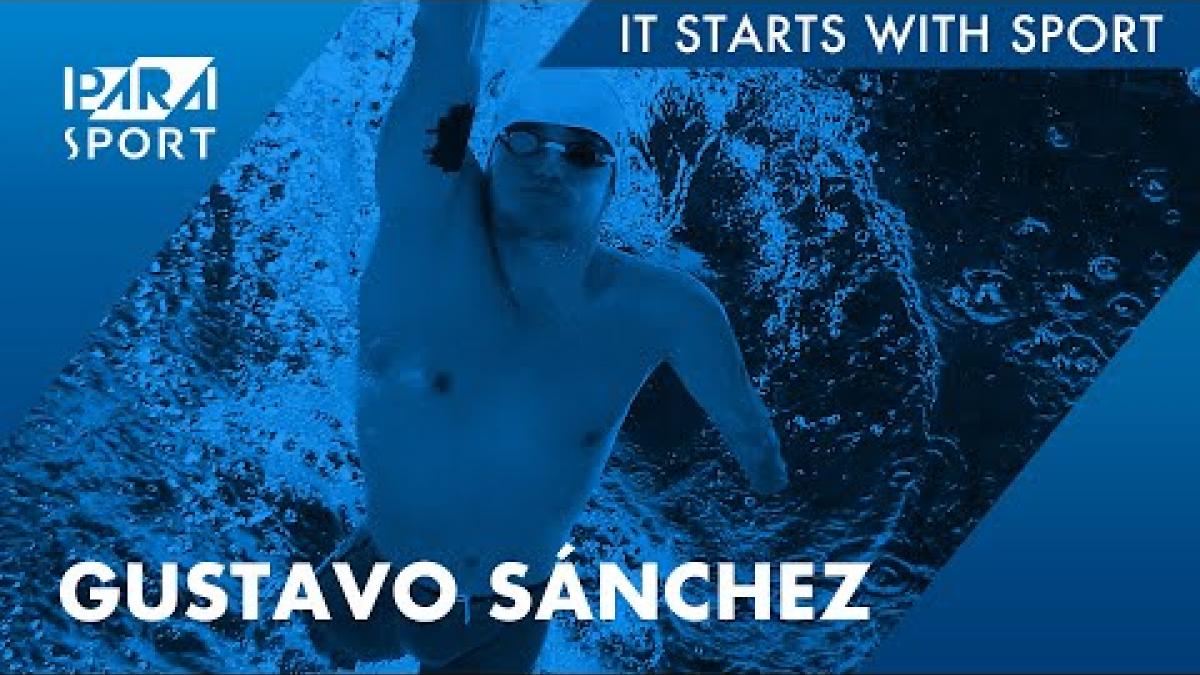Para badminton world champion Manasi Joshi on living life without limits
‘I wish every person with a disability gets the benefit of sport, like it has given me' 15 Jun 2022A recent university graduate, Manasi Joshi’s future looked bright as she set off on the daily commute to her new job in the early morning of December 2011.
All that changed 10 minutes into her journey as her motorbike was struck by a truck travelling in the wrong direction. With ambulances being late, hospitals ill-equipped and some surgeons absent, it would be nearly nine hours before Joshi received skilled medical help.
Lying in hospital, her budding career as a software engineer – and possibly her future – seemingly snatched away, the 22-year-old Joshi wanted to know what limits she would now face in her life.
But as she soon found out, there were none.
“When I was in the hospital bed, I actually asked my doctor, ‘Can I play badminton after my amputation?’,’ Joshi recalled. “And the doctor said, ‘You can climb Mount Everest if you wish. You can do anything’.”
While Joshi has yet to climb Everest, her attitude since her life-changing accident and amputation has been exactly as the doctor prescribed.
Over the following years, she put her efforts into becoming a world champion in Para badminton and an advocate for people with disabilities, proving by personal example that nothing can hinder her stride.
Back on track
Joshi had six surgeries during the 45 days that she spent in hospital after the accident. Once the doctors realised they could no longer save her left leg, she underwent an above-the-knee amputation.
Active in different sports since her childhood, Joshi preferred badminton above all and returned to the sport again as part of her rehabilitation. Through those training sessions, she became comfortable moving with a prosthetic.
“At that time I would just do standing strokes, but that gave me a lot of confidence, especially in walking,” Joshi said. “The whole journey for me has started through sport. When I started with my rehabilitation process, sport helped me quicken it. When life gave me a different direction, sport was a major part of it.”
More than the physical benefits, Joshi felt the positive impact that Para badminton was having on her self-confidence beyond the court.
“At the beginning of my sports career, I had to face multiple challenges. It was very difficult to leave a job, from a good position to a person, which people thought I have no future or career. To convince them that, yes, this is what I wish to do,” Joshi said. “Luckily, I had the great support of my parents. My parents are like, ‘You do whatever you wish to do. We know that in any career you can develop opportunities and you can generate income.’”
It did not take long for that support to be echoed across the country. Over the next years Joshi joined India's national team and in August 2019 took part in the Para badminton World Championship in Basel, Switzerland where she won a gold medal in the women’s SL3 category.
Following that success, she became a well-recognised figure in India with people sending messages, passersby asking to take photos with her, and Time Magazine including her on its list of ‘Next Generation Leaders’. To top off her whirlwind fame, Joshi had a special Barbie doll released in her honour in 2020.
Changing the game
Now a role model for people at home and around the world, Joshi is eager to share her story to inspire others to overcome major obstacles.
“I think as people with disabilities, we face similar issues and access to opportunities can be a game changer for people,” she said. “Sharing stories, it's one of the biggest tools. We can inspire the next generation by just telling how the world functions for different people in different parts of the world.”
One of the biggest challenges Joshi faced at the start of her career was balancing her time between training and working as a software engineer.
Still working full-time in that period, she would regularly wake up at 4:00 to train from 4:30 until 8:00, and then go to the office. Her training also included three evening sessions.
Her advice for those dealing with challenges of their own is to push through.
“There will be times that you will feel like giving up, but then find that support system around you and tell people your goals, let people push you when you feel that you feel demotivated,” Joshi said.
“Practising sports as a person with disability can definitely be life changing. I wish every person with disability gets the benefit of sport, like it has given me."

 Facebook
Facebook
 Instagram
Instagram
 Twitter
Twitter
 Youtube
Youtube






